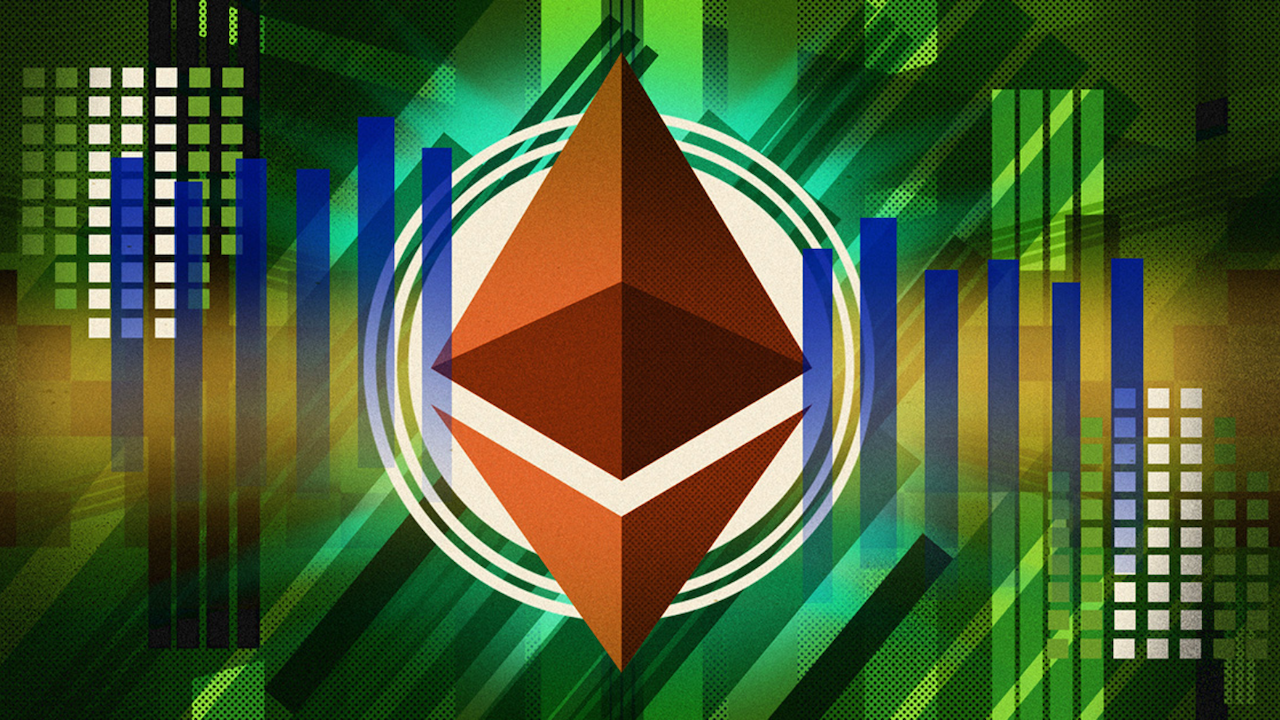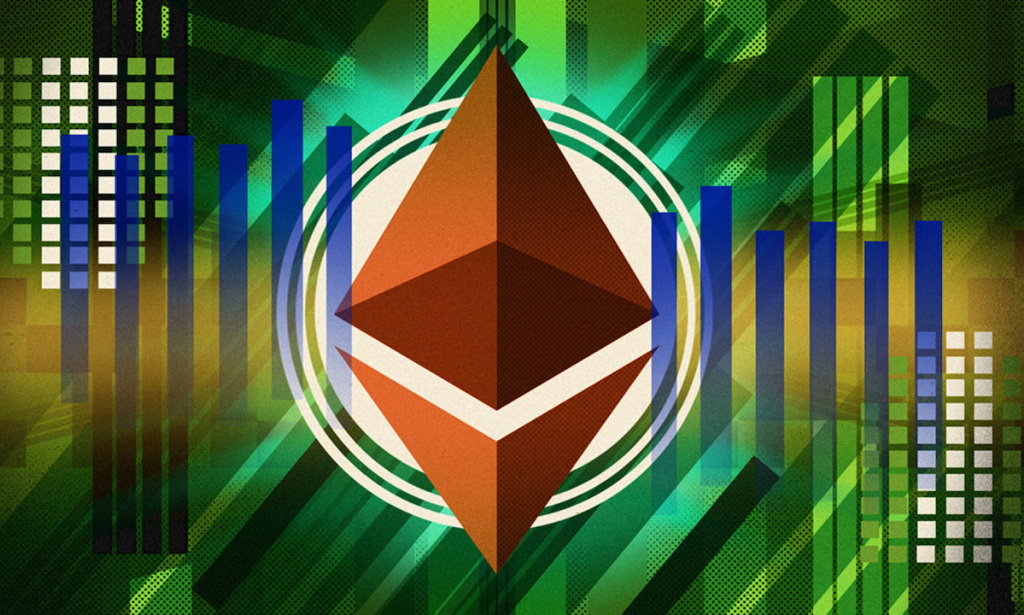Speaking on July 18 at the Ethereum Community Conference (EthCC) event in Paris, Buterin explained some of  the key innovations that modern account abstraction brings and the current barriers that the community faces. coin is encountered when it comes to this concept. Currently, when Ethereum users are transferring ERC-20 tokens, they are required to hold Ether (ETH) to pay transaction fees in the network. According to Buterin, account abstraction extensions, commonly referred to as “paymasters,” can allow users to pay their fees in “whatever currency they are transferring.” In addition, the extension can also allow decentralized applications (DApps) to fund transactions for their users. Furthermore, Buterin also talks about another extension called Signature Aggregation. According to the founder of Ethereum, by using Signature Aggregation, developers can save money on gas and data. Along with the potential benefits of abstracting accounts for users, Buterin also recognizes that developers still need to overcome challenges. This includes the need for an Ethereum Improvement Proposal (EIP) to upgrade existing externally owned Ethereum accounts — regular user accounts — into smart contracts and ensure the protocol works interoperably. order in layer-2 solutions. Buterin also emphasized that there are additional challenges when integrating with existing technologies, such as biometrics, and integrating with existing wallets. Despite the obstacles faced by the attempt to abstract away accounts, the Ethereum co-founder expressed excitement about its progress. “Account abstraction has made a lot of progress, and I am excited about all the progress we will continue to make in the future,” he said.
the key innovations that modern account abstraction brings and the current barriers that the community faces. coin is encountered when it comes to this concept. Currently, when Ethereum users are transferring ERC-20 tokens, they are required to hold Ether (ETH) to pay transaction fees in the network. According to Buterin, account abstraction extensions, commonly referred to as “paymasters,” can allow users to pay their fees in “whatever currency they are transferring.” In addition, the extension can also allow decentralized applications (DApps) to fund transactions for their users. Furthermore, Buterin also talks about another extension called Signature Aggregation. According to the founder of Ethereum, by using Signature Aggregation, developers can save money on gas and data. Along with the potential benefits of abstracting accounts for users, Buterin also recognizes that developers still need to overcome challenges. This includes the need for an Ethereum Improvement Proposal (EIP) to upgrade existing externally owned Ethereum accounts — regular user accounts — into smart contracts and ensure the protocol works interoperably. order in layer-2 solutions. Buterin also emphasized that there are additional challenges when integrating with existing technologies, such as biometrics, and integrating with existing wallets. Despite the obstacles faced by the attempt to abstract away accounts, the Ethereum co-founder expressed excitement about its progress. “Account abstraction has made a lot of progress, and I am excited about all the progress we will continue to make in the future,” he said.
 the key innovations that modern account abstraction brings and the current barriers that the community faces. coin is encountered when it comes to this concept. Currently, when Ethereum users are transferring ERC-20 tokens, they are required to hold Ether (ETH) to pay transaction fees in the network. According to Buterin, account abstraction extensions, commonly referred to as “paymasters,” can allow users to pay their fees in “whatever currency they are transferring.” In addition, the extension can also allow decentralized applications (DApps) to fund transactions for their users. Furthermore, Buterin also talks about another extension called Signature Aggregation. According to the founder of Ethereum, by using Signature Aggregation, developers can save money on gas and data. Along with the potential benefits of abstracting accounts for users, Buterin also recognizes that developers still need to overcome challenges. This includes the need for an Ethereum Improvement Proposal (EIP) to upgrade existing externally owned Ethereum accounts — regular user accounts — into smart contracts and ensure the protocol works interoperably. order in layer-2 solutions. Buterin also emphasized that there are additional challenges when integrating with existing technologies, such as biometrics, and integrating with existing wallets. Despite the obstacles faced by the attempt to abstract away accounts, the Ethereum co-founder expressed excitement about its progress. “Account abstraction has made a lot of progress, and I am excited about all the progress we will continue to make in the future,” he said.
the key innovations that modern account abstraction brings and the current barriers that the community faces. coin is encountered when it comes to this concept. Currently, when Ethereum users are transferring ERC-20 tokens, they are required to hold Ether (ETH) to pay transaction fees in the network. According to Buterin, account abstraction extensions, commonly referred to as “paymasters,” can allow users to pay their fees in “whatever currency they are transferring.” In addition, the extension can also allow decentralized applications (DApps) to fund transactions for their users. Furthermore, Buterin also talks about another extension called Signature Aggregation. According to the founder of Ethereum, by using Signature Aggregation, developers can save money on gas and data. Along with the potential benefits of abstracting accounts for users, Buterin also recognizes that developers still need to overcome challenges. This includes the need for an Ethereum Improvement Proposal (EIP) to upgrade existing externally owned Ethereum accounts — regular user accounts — into smart contracts and ensure the protocol works interoperably. order in layer-2 solutions. Buterin also emphasized that there are additional challenges when integrating with existing technologies, such as biometrics, and integrating with existing wallets. Despite the obstacles faced by the attempt to abstract away accounts, the Ethereum co-founder expressed excitement about its progress. “Account abstraction has made a lot of progress, and I am excited about all the progress we will continue to make in the future,” he said.



You must be logged in to post a comment.